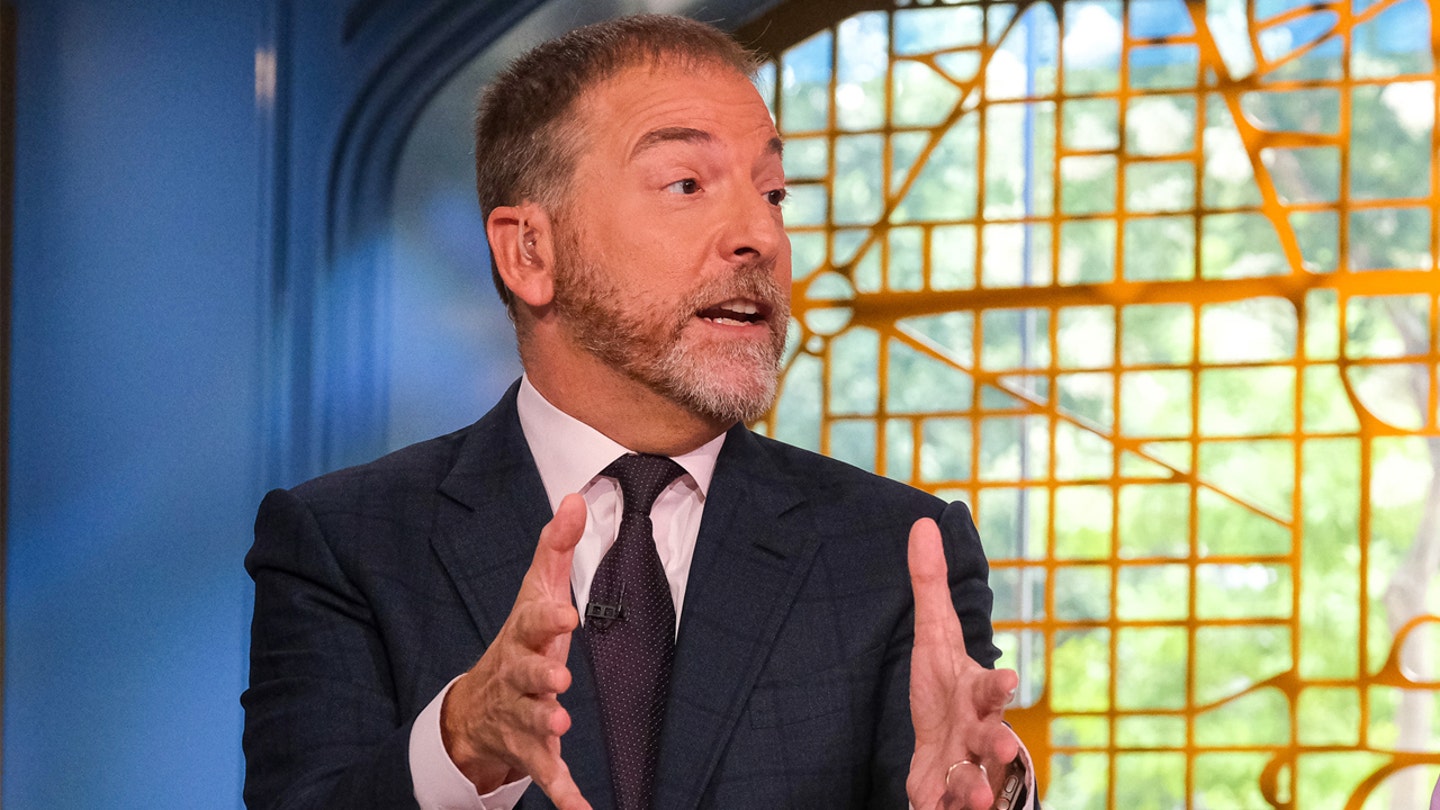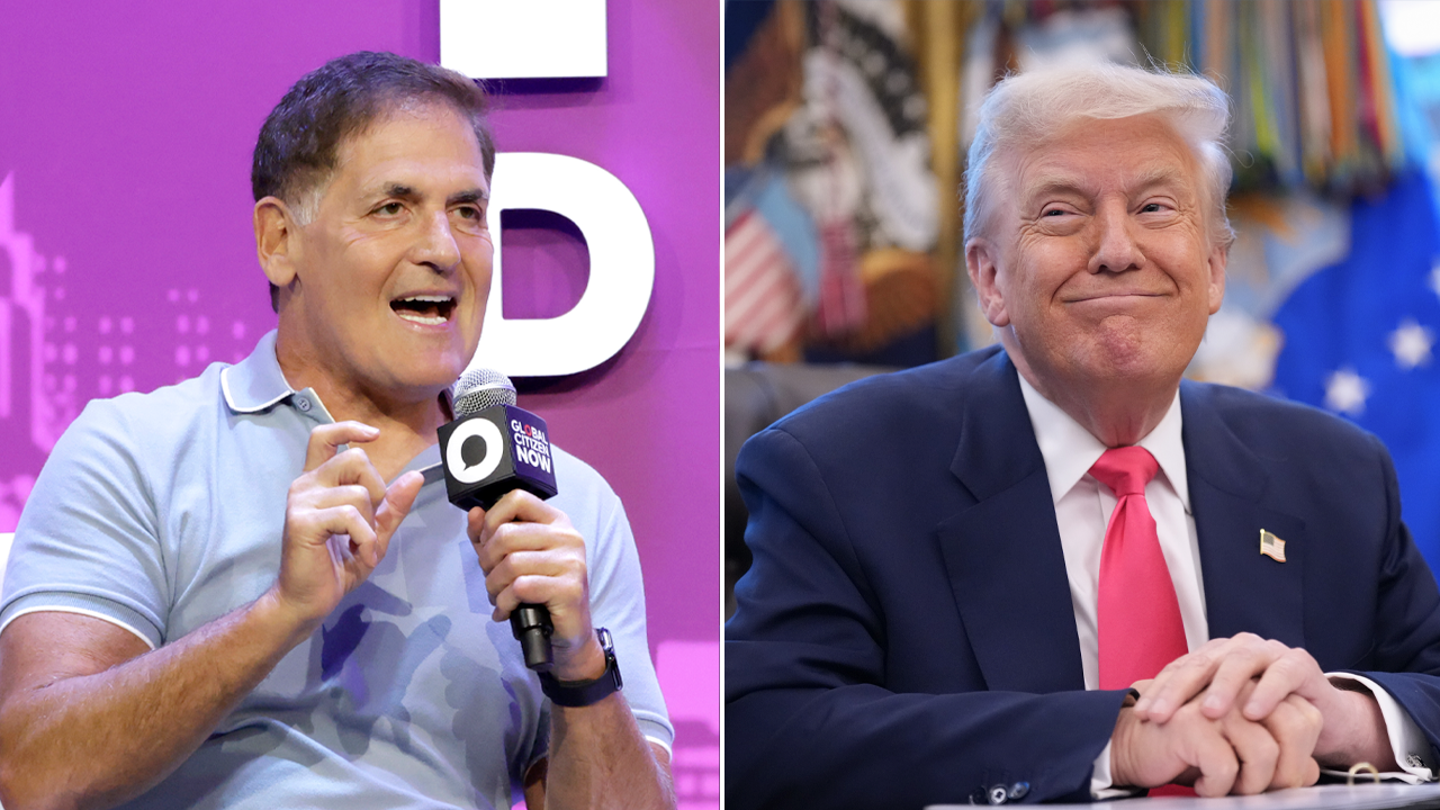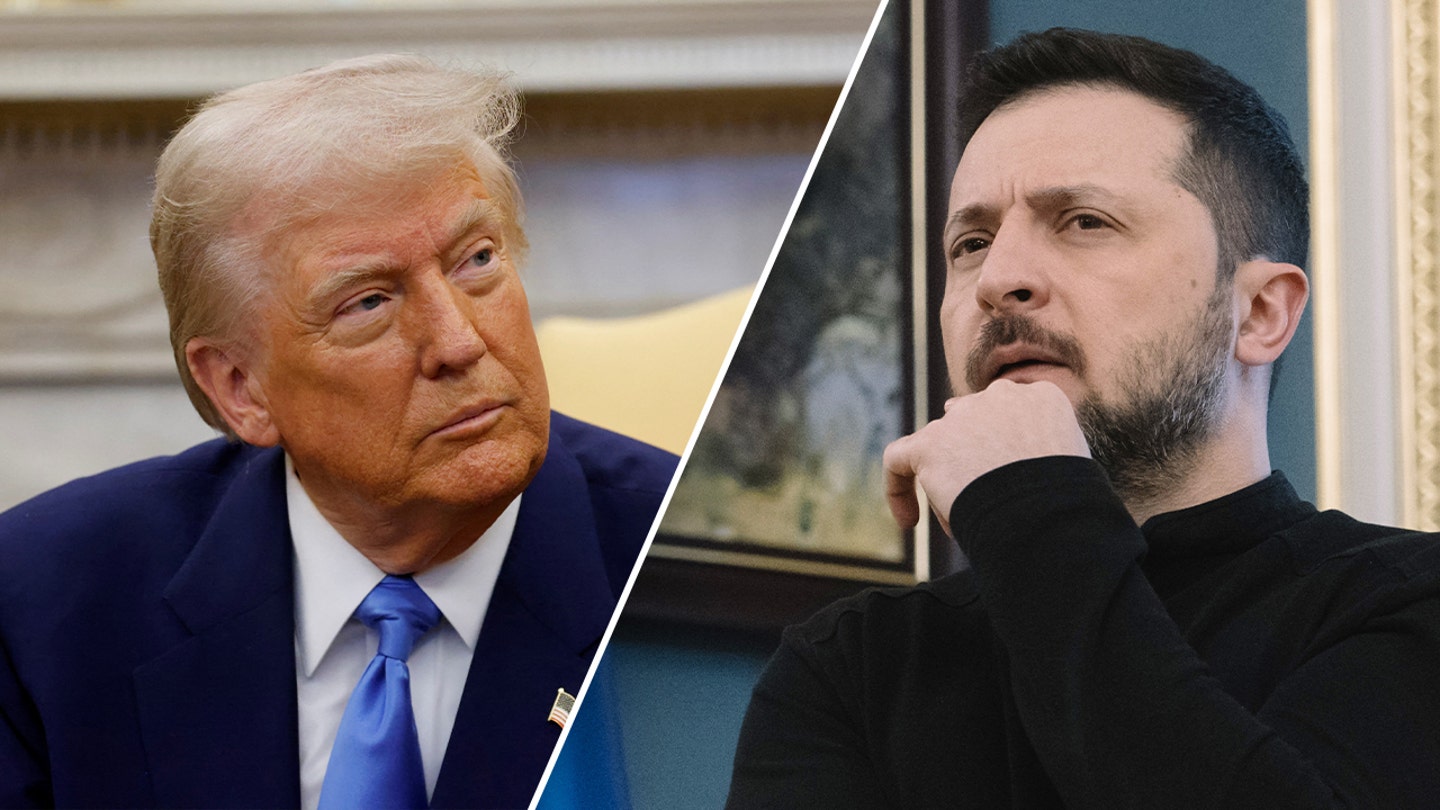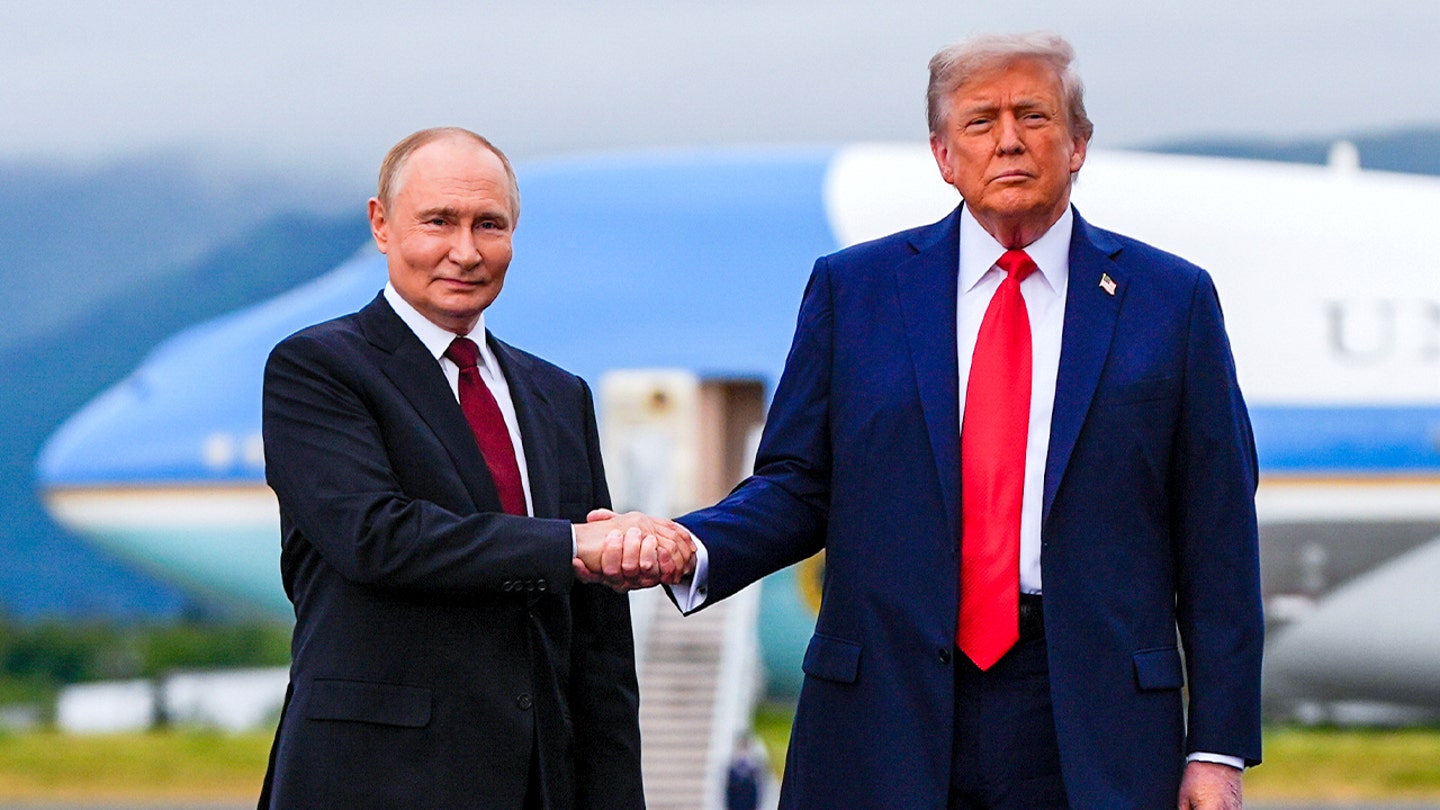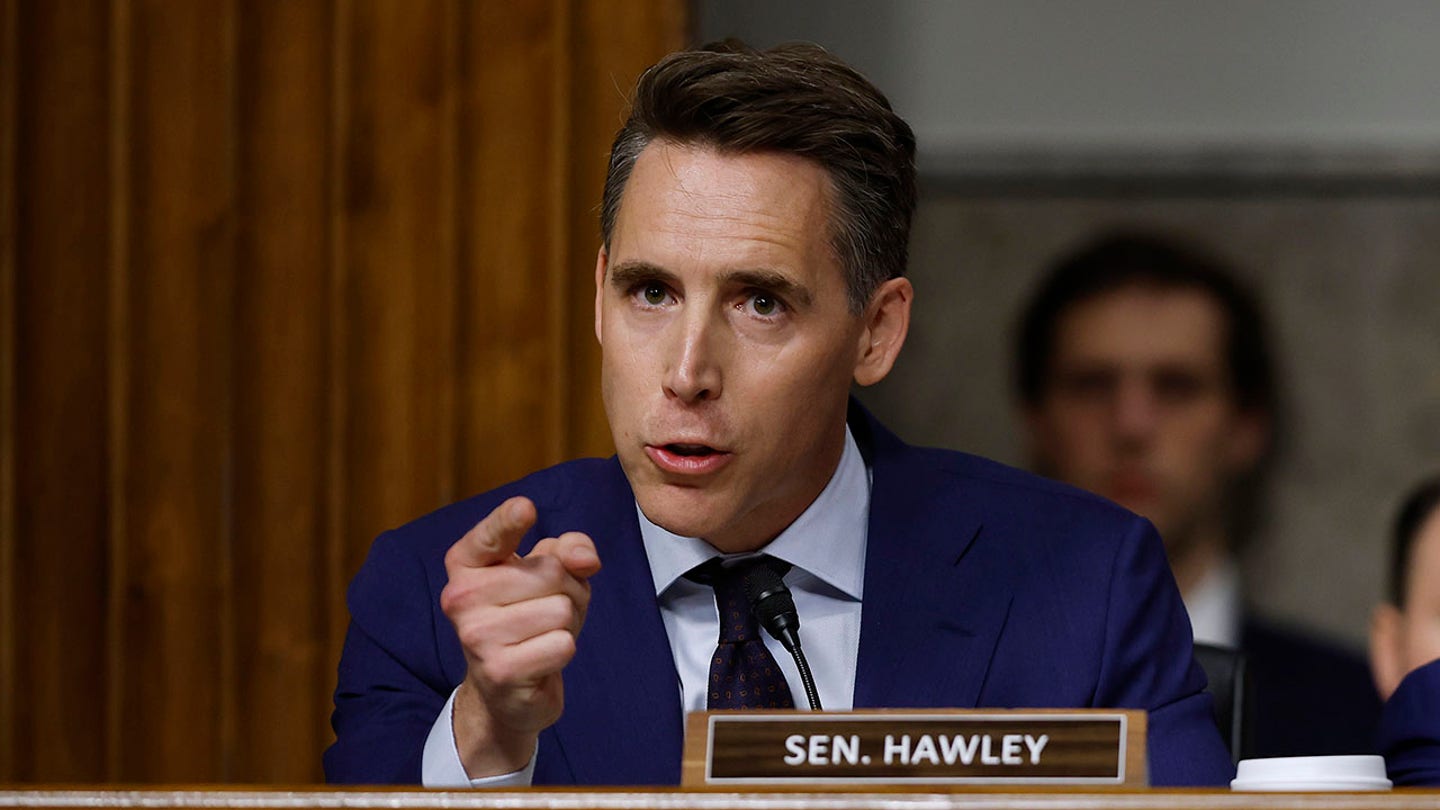Entities mentioned:
- Alec Baldwin: Moral outrage, Indignation, Wariness
- Donald Trump: Power, Control, Deflection
- Washington D.C. Police: Duty, Professional pride, Security
Article Assessment:
Credibility Score: 55/100
Bias Rating: 30/100 (Lean Left)
Sentiment Score: 25/100
Authoritarianism Risk: 45/100 (Mixed/Neutral)
Bias Analysis:
The article leans left, primarily presenting Baldwin's anti-Trump perspective with minimal counterbalancing viewpoints. The framing of Trump's actions as a 'takeover' and the emphasis on Baldwin's warnings suggest a left-leaning editorial stance.
Key metric: Public Trust in Government Institutions
As a social scientist, I analyze that this article highlights growing tensions between celebrity political commentators and the executive branch, potentially impacting public trust in government institutions. Baldwin's alarmist rhetoric about federal overreach in local law enforcement could contribute to increased anxiety and skepticism among citizens regarding the balance of power between federal and local authorities. The invocation of potential federal control over major cities and even sports leagues suggests a narrative of creeping authoritarianism, which may resonate with audiences already wary of centralized power. However, the credibility of these claims is questionable, given Baldwin's history of hyperbolic statements about Trump. This discourse may further polarize public opinion and erode confidence in the democratic process and institutions.



